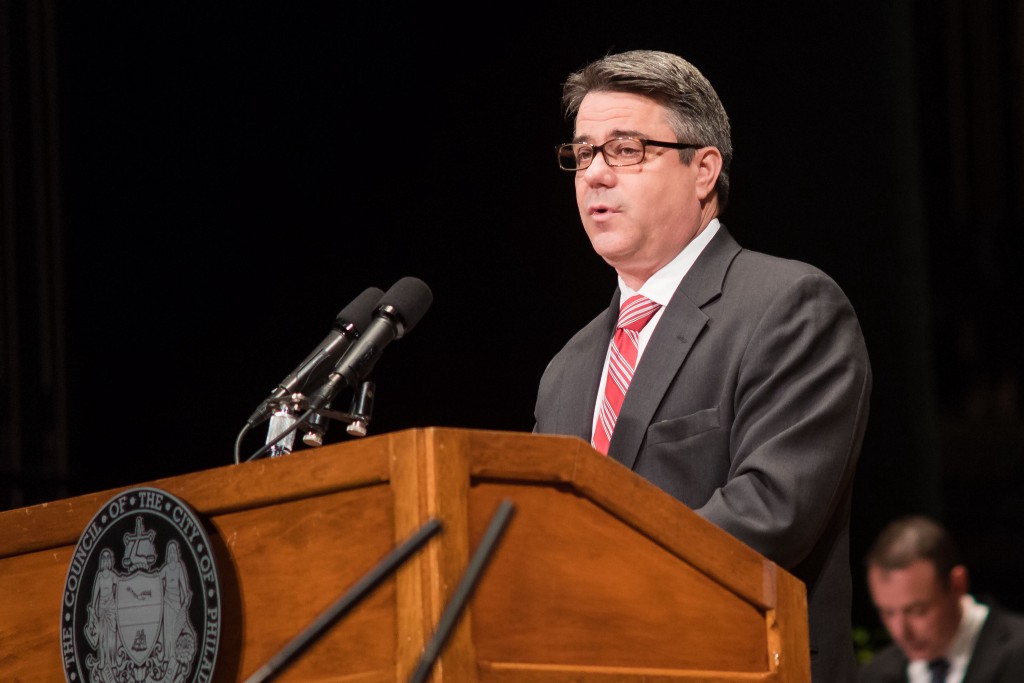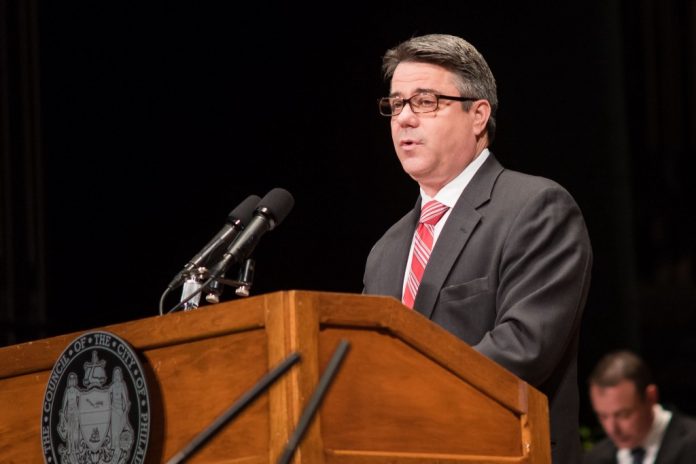Councilman Bobby Henon advises Northeast Philadelphia residents to take the opioid crisis seriously.

By City Councilman Bobby Henon
More than 900 Philadelphians have died this year from an overdose. The impact of those lost lives is catastrophic for families, communities and the entire city. In many cases, those deaths could have been prevented with better access to care, fewer barriers to services and more widely available emergency treatment.
Earlier this month, I visited pharmacies in the Northeast to make sure that they carry the life-saving overdose-reversal drug Naloxone. Naloxone (sometimes called Narcan) is available in a nasal spray form. It’s easy to administer and, if administered early enough, can stop someone who has overdosed from dying.
Addiction is a medical disease, and breaking free from addiction can take a long time. It’s up to each of us to support and protect people struggling with addiction until they are ready to get the treatment they need.
Here is how you can help:
1. Ask your doctor for alternatives to opioids. The overprescribing of opioids by doctors has resulted in a massive spike in addiction to prescription drugs and heroin. If you have opioids in your home that you don’t need, take them to a local police station for safe disposal — no questions asked.
2. Watch for the warning signs of addiction. Warning signs include shifts in mood, attitude and motivation; giving up once-favorite pastimes and hobbies; unusual changes in sleeping patterns; physical changes like weight loss/gain and trembling; sudden/unexplained increases in spending; absenteeism; and secretive behavior. They can be signs that something isn’t quite right. Remember, not everyone struggling with addiction will demonstrate these behaviors. Be familiar with resources for those who are and are not interested in treatment. You can’t force your loved ones into treatment but you can be armed with knowledge and resources until they are ready for help.
3. Sign up for a training. Learn how to recognize the signs and symptoms of addiction and of overdose and know how to react to save someone’s life. State law protects good samaritans who administer or attempt to administer life-saving care in an emergency. Call or email my office to sign up for a training.
4. Carry Naloxone. Anyone can purchase Naloxone at a pharmacy without a doctor’s prescription. Medicaid, Medicare and most insurance plans cover some or all of the costs. Carry it with you. You never know when someone may need your help. If you can’t afford or find Naloxone, call my office so we can connect you to resources.
Please join me in the effort to save lives because everyone’s life is worth saving. ••





